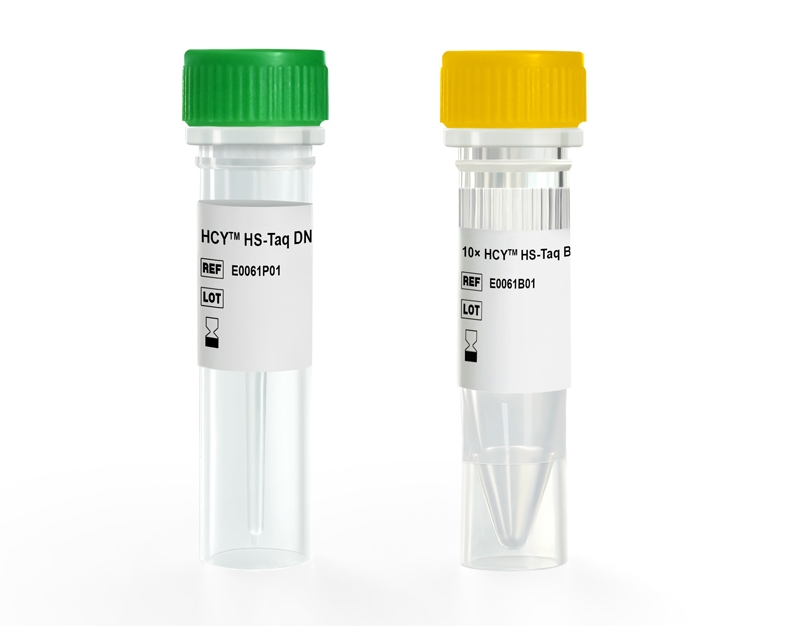Polymerase Chain Reaction, Common PCR Enzymes
6057PCR (polymerase chain reaction) is a technique commonly used to amplify DNA molecules in vitro, and PCR enzymes are a key component of this reaction.
View detailsSearch the whole station Pandemic Supply
The Importance of PCR Enzymes in Diagnosis
Polymerase Chain Reaction (PCR) is a revolutionary technique that has significantly advanced the field of medical diagnostics. Central to this technology are PCR enzymes, which play a crucial role in amplifying DNA sequences. This guide explores the importance of PCR enzymes in diagnosis, highlighting their function, applications, and impact on healthcare.
What are PCR Enzymes?
PCR enzymes, primarily DNA polymerases, are essential for the PCR process. These enzymes synthesize new strands of DNA complementary to the target sequence. The most commonly used enzyme in PCR is Taq polymerase, derived from the bacterium Thermus aquaticus, which thrives in hot environments. This heat-stable enzyme can withstand the high temperatures required for DNA denaturation during PCR.

Function of PCR Enzymes
PCR enzymes facilitate the amplification of specific DNA sequences through a cyclic process involving three main steps:
Denaturation: The double-stranded DNA is heated to around 95°C to separate it into two single strands.
Annealing: The temperature is lowered to 50-65°C, allowing primers to bind to the target DNA sequences.
Extension: The temperature is raised to around 72°C, the optimal temperature for Taq polymerase to synthesize new DNA strands by adding nucleotides to the primers.
This cycle is repeated multiple times, resulting in the exponential amplification of the target DNA sequence, making it easier to detect and analyze.
Applications of PCR in Diagnosis
PCR has numerous applications in medical diagnostics, owing to its sensitivity, specificity, and rapid turnaround time. Some key diagnostic applications include:
Advantages of PCR Enzymes in Diagnosis
Conclusion
PCR enzymes have revolutionized medical diagnostics, offering unparalleled sensitivity, specificity, and speed in detecting and analyzing genetic material. Their role in diagnosing infectious diseases, genetic disorders, cancer, and antibiotic resistance underscores their importance in modern healthcare. As technology advances, PCR and its associated enzymes will continue to be at the forefront of diagnostic innovations, improving patient outcomes and advancing medical science.
PCR (polymerase chain reaction) is a technique commonly used to amplify DNA molecules in vitro, and PCR enzymes are a key component of this reaction.
View detailsPCR (Polymerase Chain Reaction) is a technique used to amplify DNA sequences. The process itself is called PCR amplification rather than extraction, but it often involves initial DNA extraction fr...
View detailsWe value your privacy We use cookies to enhance your browsing experience, serve personalized ads or content, and analyze our traffic. By clicking "Accept All", you consent to our use of cookies.
Our Privacy Policy